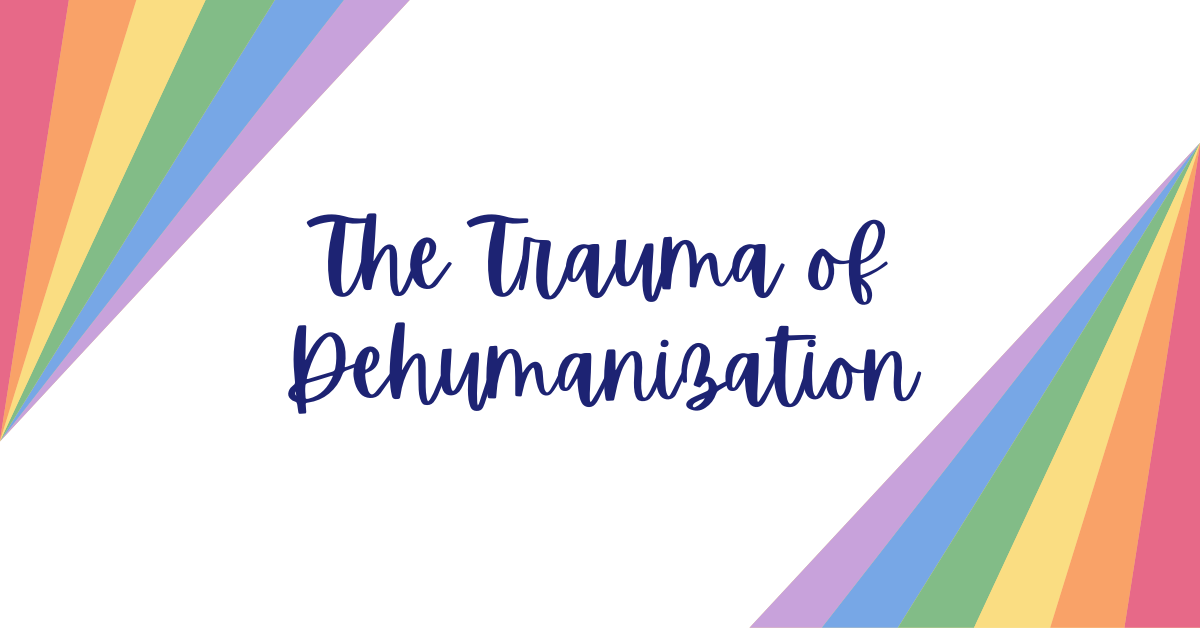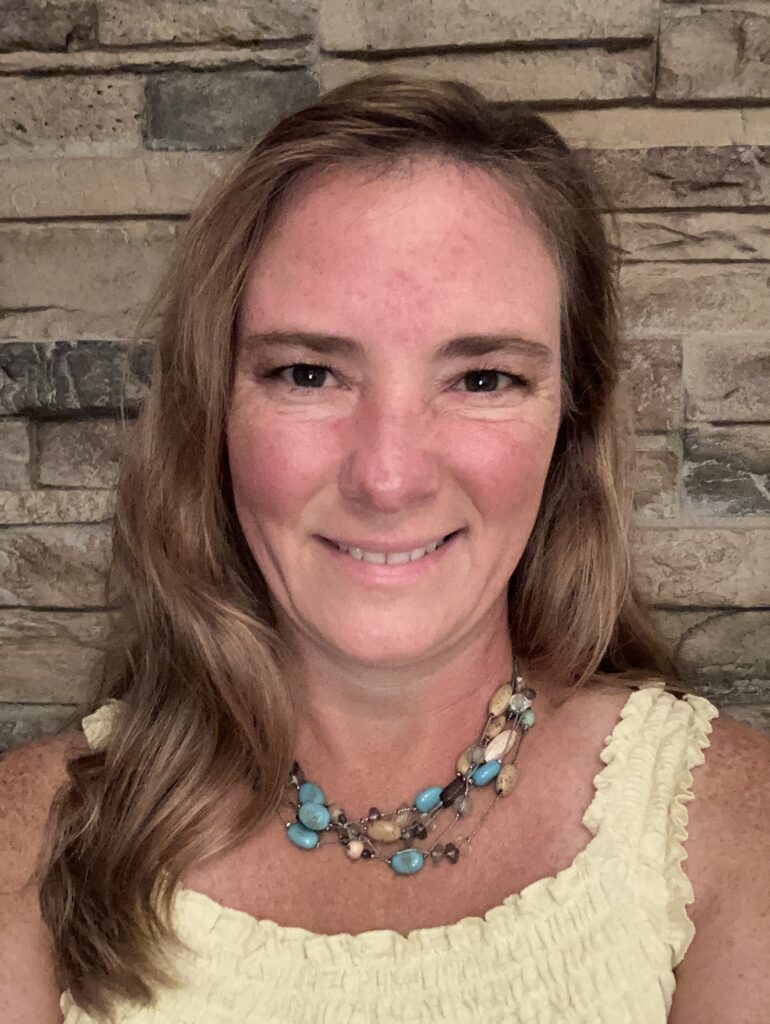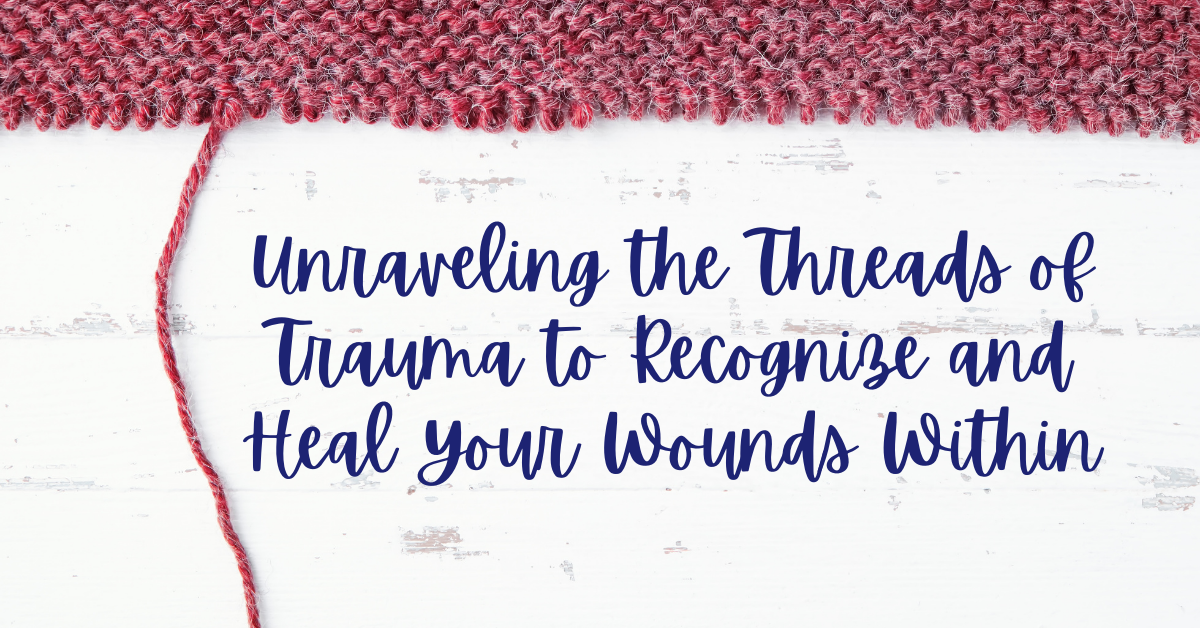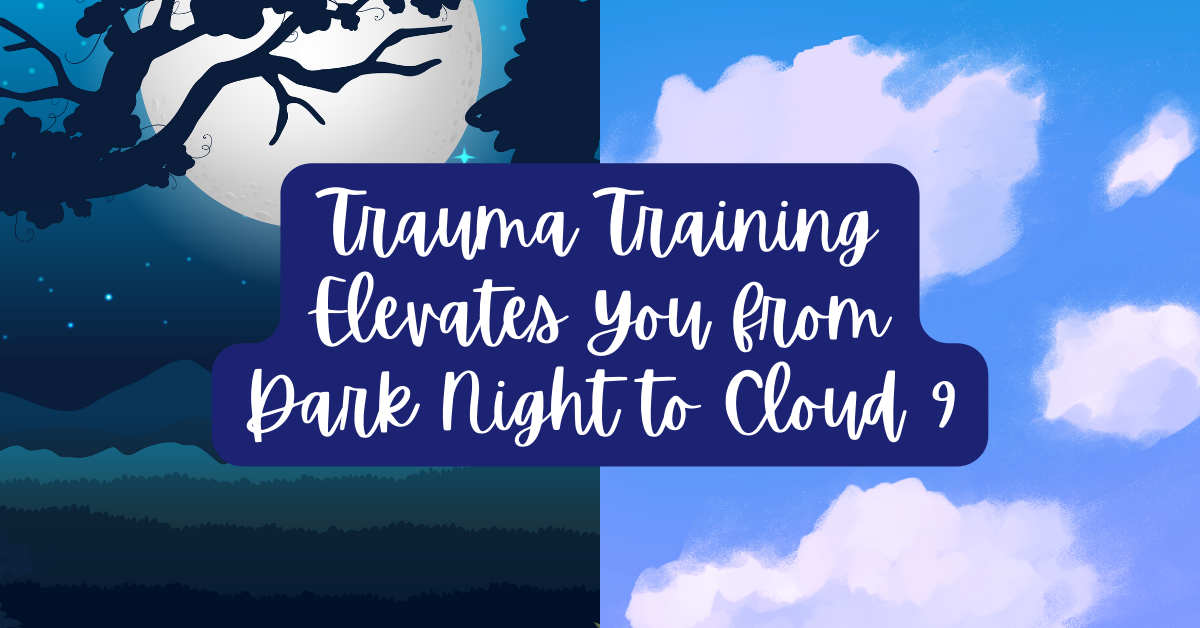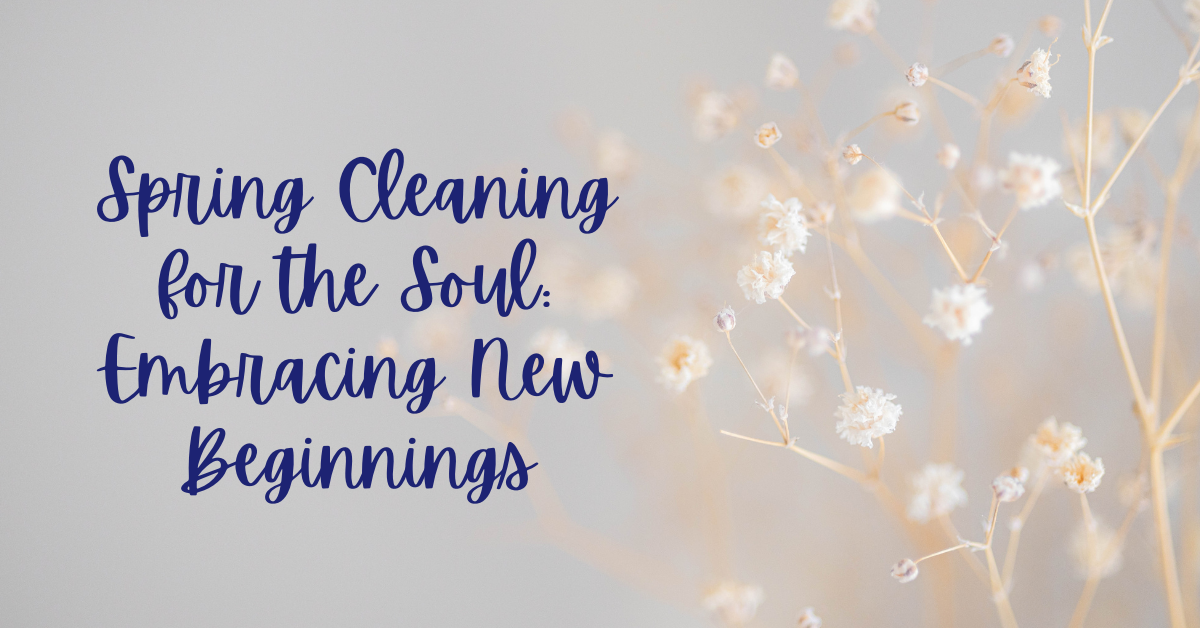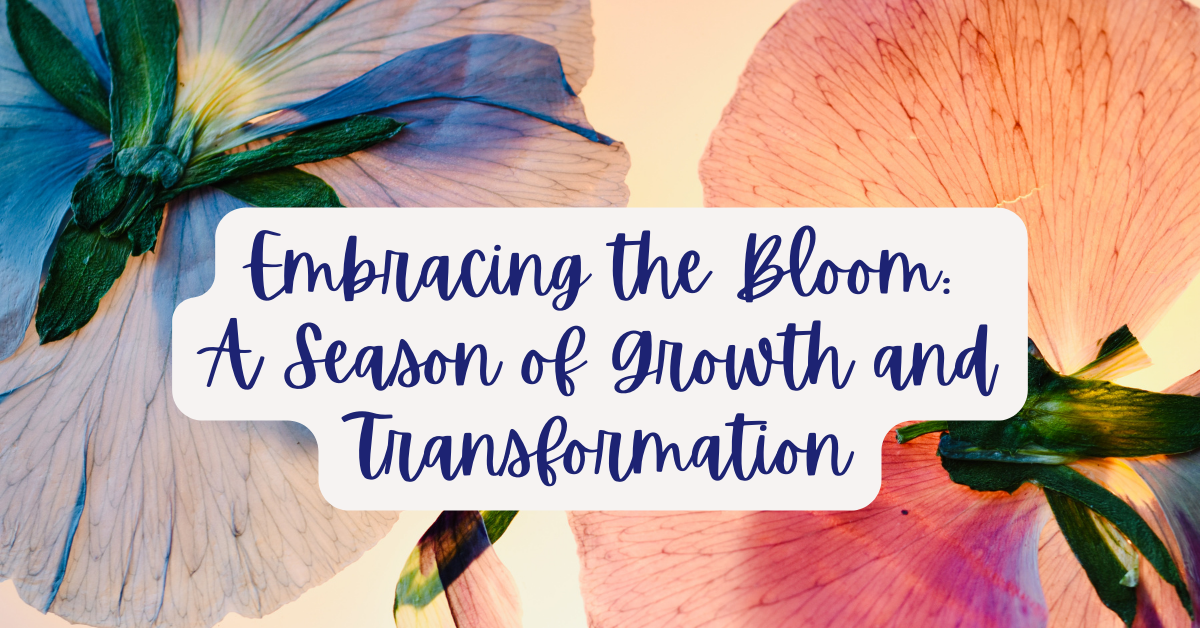While dehumanization can and does apply to many groups, in the spirit of Pride Month, we are taking a look at the insidiousness on the LGBTQ community and how we can move towards a more just and inclusive society.
Dehumanization is the denial of full humanness.
When a person or group is dehumanized, they are seen as less than and often as expendable. They are seen as not having the same qualities that make the rest of us human.
This is a powerful tool that paves the way to justifying and even promoting what might otherwise be considered unspeakable acts. If I, as a human, feel pain, a broad range of emotions, including fear and loss and I perceive that you do not, then it can be easy to justify that I am right, and you are wrong.
Referring to people as dogs or other animals removes their human qualities, for example.
Another way we dehumanize is to lump individuals into groups in which we are not a member. The LGBTQ community for example, is just a group – not a human with human qualities and the capacity to love and feel fear. If we only refer to groups, there is no face, no individual and it becomes easier to see anyone within that group as less than and as something separate from yourself.
That’s not to minimize the validation and safety of belonging to a group. We all need to belong. AND we need to maintain our humanness within that context of belonging and not be dehumanized on both the individual and the group level.
A third way we may be dehumanized or dehumanize others is to reduce people to a ‘collection of body parts’. If, for example, Americans are seen as the epitome of human, then it can be easy to assume that Ecuadoreans are less than. If cisgender heterosexual ‘men’ and ‘women’ are seen as human, it can be easy to assume that a trans person is less than.
While there are many ways to dehumanize, it all comes down to purpose. Why do we do it?
Control.
I’m reminded of something Isabel Wilkerson talks about in her book, Caste. In the early days of the Nazi political movement in Germany, before they grew into the regime we know of, Nazi’s studied how Americans handled their ‘negro problem’.
Here’s the interesting thing. Are you ready for it? Are you sitting down?
The Nazi’s were horrified at the treatment of black people in America!
They were horrified at the institutionalization and extreme actions of hate that were tolerated and perpetuated.
That can be a hard fact for Americans to sit with. Yet here we are still dehumanizing and institutionalizing hate. At the time of this writing (May 2023), there are already more than 650 bills in state legislatures that are up for debate that specifically target the LGBTQ community.
So, what do we do?
It was a slippery slope for the Nazis. What lessons do they have for us in the 21st century with other groups?
Perhaps it starts with becoming more aware of how we define human.
Humans as a species, are incredibly and beautifully diverse. Recognizing and being able to celebrate that diversity starts with feeling safe in your own skin. Investing in your healing and personal development will help you realize that others are not the threat you may once have perceived.
But also, with all the diversity, there are even more similarities. We all bleed. We all laugh. We all cry. Finding those points of connections helps us also connect with the fact that we are all in the same group.
A next step might be speaking up on behalf of not only ourselves but others. Let’s expand that group that is being othered to include more and more people who truly see them and see their value.
No one can go it alone.
We need each other. Each and every one of us.
What can you do to step outside your comfort zone and perceive someone in a new light?
What can you do to stand beside others, letting them know that you SEE them?
What can you do to communicate, educate, and simply experience the fullness of what it means to be human, with other humans?
Learn more about the Friendship Wound on my podcast, Common Resilience.
The Trauma of Dehumanization, Part I
The Trauma of Dehumanization, Part II
Be sure to hit Subscribe so you never miss an episode!
Leave comments! We want to know what the episodes bring up for you.

